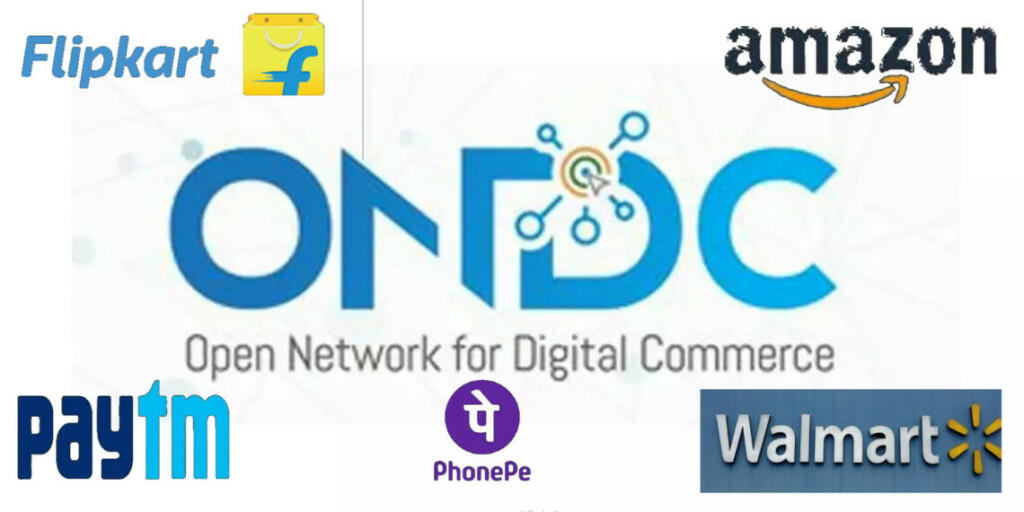The e-commerce companies are rushing to join India’s attempt to democratize the space through Open Network for Digital Commerce (ONDC). Ecommerce majors including Flipkart, Reliance Retail and Amazon are in talks to join the venture that has people like Nandan Nilekani on board.
“The existing large etailers work with a captive set of users. With an open network, ONDC will enable all the buyers in the network to be discoverable to all the sellers. Therefore, existing platforms (too) will have an incentive to be part of ONDC,” Thampy Koshy, CEO of ONDC said.
The Modi government intends to break the digital monopolies built by the companies like Amazon (e-commerce), Google (Internet), Facebook (social media) with open networks. The Department of Promotion of Industry and Internal Trade appointed Nandan Nilekani, Infosys chairman and Aadhar architect on the panel that has been awarded this task.
As per the government release, Open Network For Digital Commerce (ONDC) “aims at promoting open networks developed on open-sourced methodology, using open specifications and open network protocols, independent on any specific platform. ONDC is expected to digitise the entire value chain, standardise operations, promote inclusion of suppliers, derive efficiency in logistics and enhance value for consumers”.
So, the new open-source network will be open to all vendors and platform providers like Amazon, Flipkart would not be able to prioritize the vendors based on their interests because this network would allow these platforms to charge only one side for the services.
The new open-source methodology would allow a large number of players to build platforms on which they can provide e-commerce services to customers. For example, United Payments Interface (UPI), which is an open-source network for payments allows any company to build payments platforms. So, in merely five years after the launch of the system, hundreds of payment service providers have emerged; almost every bank, as well as payments bank, is building its own platform based on UPI.
Similarly, Open Network for Digital Commerce (ONDC) would allow Facebook, Whatsapp, Jio, Airtel, or companies like Pantaloons to build their e-commerce platforms.
“There are still some teething issues which will only be visible once the execution starts,” said a seller aware of ONDC’s work. “There is no clarity yet on how the cataloguing will be done or how the advertisement technology, which Amazon does really well, will work out in ONDC. I will definitely be a part of it, because I don’t want to miss the bus in case the technology takes off.”
The DPIIT has included some of the biggest names working at the intersection of technology and policy from the government as well as private space in the panel on Open Network for Digital Commerce.
The other members of the panel include R S Sharma, National Health Authority chief executive officer, Adil Zainulbhai, Quality Council of India chairman, Anjali Bansal, Avaana Capital Founder and Chairperson, Dilip Adbe, National Payments Corp. of India CEO, and Arvind Gupta, Digital India Foundation co-founder.
The other members are Suresh Sethi, National Securities Depository head, Kumar Rajagopalan, Retailers Association of India CEO, and Praveen Khandelwal, Confederation of All India Traders secretary-general.
While the countries around the world are trying to make people and small businesses internet friendly, India has completely reversed the system and is making internet people and small businesses friendly. The countries achieved great success in this when it comes to digital payments by building an open-source payments platform (UPI), and encouraged by this, attempting the same in different sectors. Whether it succeeds in doing so in other segments is yet to be seen but if it does, the world would soon follow India in digital technology and its regulation.
